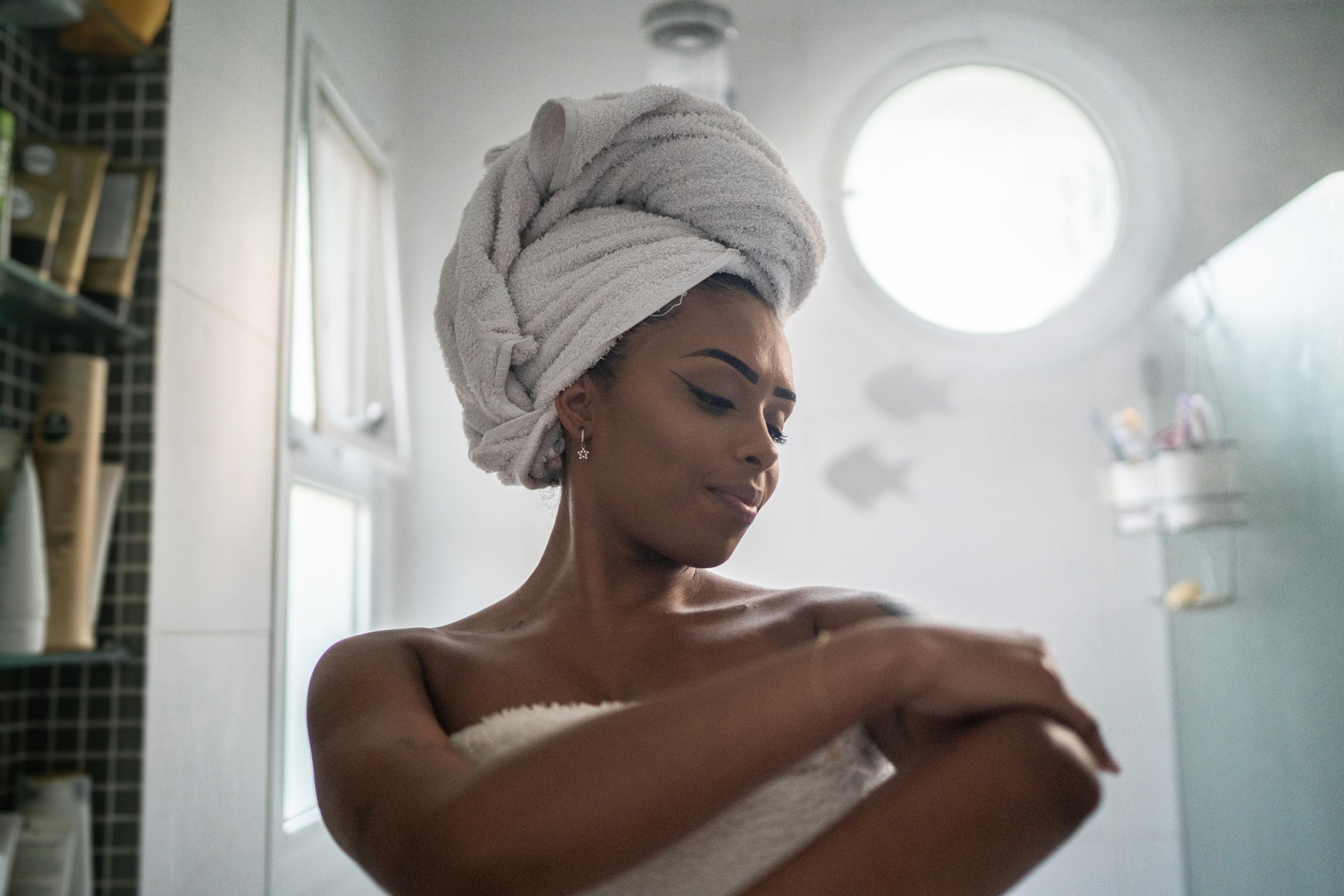Does Melanin Protect You from the Sun?
Jake Newby
| 3 min read

The color of our hair, eyes and skin mostly depends on how much melanin our body produces. The same is true for our pets and animals in general.
Melanin is a natural skin pigment. The more of it our body produces, the darker our hair, eyes and skin are. Melanin production is mostly dependent on genetics – if your parents have a lot or a little skin pigment, you’ll probably look like them.
When you’re out and about underneath the sun, your body makes more melanin, raising the question: does melanin protect you from the sun?
How does melanin protect the skin?
Our skin and eyes can be damaged by the sun’s ultraviolet (UV) rays when exposed for too long. People with light skin are more likely to suffer skin damage than people with darker skin, but no one is impervious to harmful UV rays.
Once skin is exposed to UV radiation, it increases the production of melanin to protect the skin from further damage. Melanin helps absorb harmful UVA, UVB and UVC rays, as well as blue light., but only up to a certain point. Sunburns, which occur when the amount of UV rays exceeds the protection that the skin's melanin can provide, can increase your risk of skin cancer, including melanoma.
Does melanin protect against skin cancer?
Although melanin offers some protection against UV radiation it does not completely protect from skin cancers, which can have different outcomes, rates of occurrence and symptoms among those with greater melanin density. Even people who rarely burn or tan well should avoid prolonged periods under the sun, especially without sunscreen.
There is a misconception that people with darker skin or those who tan very easily without burning are immune to skin cancer because their skin has more melanin. While they may be less likely to get skin cancer, they are still at risk. According to the American Cancer Society, one in every 38 white people are at risk of getting melanoma, while one in every 1,000 Black people are at risk and one in every 167 Hispanic people are at risk.
Staying safe in the sun
There are some precautions everyone should take before spending a day in the sun. After all, it only takes 15 minutes for skin to be damaged by UV radiation. Here’s a helpful checklist of things to do:
- Check the UV Index ahead of your outing; a reading of eight to 10 means you are at high risk of harm from unprotected sun exposure.
- Protect your skin with clothing and sunscreen (an SPF of at least 30 is strong recommended)
- Wear sunglasses with UV protection
Skin cancer is the most common form of cancer in the United States, according to the Skin Cancer Foundation. Early detection of melanoma leads to 99% five-year survival rate.
It’s important to regularly perform self-checks of your own skin. Get familiar with your moles and freckles and use a mirror to scan places that are hard to reach.
Keeping track of changes or new growths can help you identify if there is something of potential concern. Regular checkups with a primary care provider and a yearly skin cancer screening with a dermatologist can help identify problems early.
Photo credit: Getty Images
Read on:





